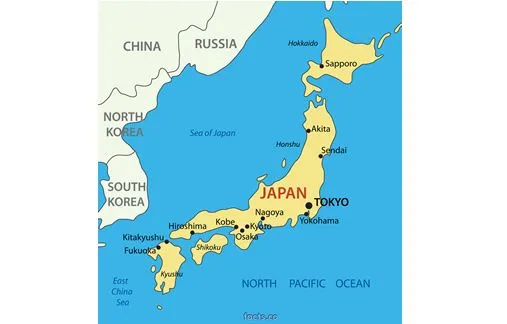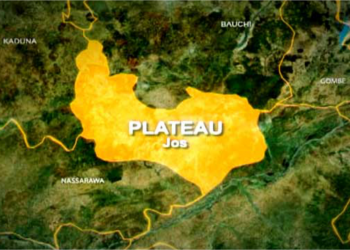In a significant boost to Nigeria’s digital economy, the Japan International Cooperation Agency (JICA) and the Federal Government of Nigeria have signed a $30 million grant agreement to establish Start-Up Hubs in Abuja. The landmark initiative underscores Japan’s continued commitment to economic cooperation and sustainable development across Africa.
The project comprises two key components. The first is the development of a cutting-edge Start-Up Hub, valued at $9.9 million, to be implemented by the National Information Technology Development Agency (NITDA).
The second component, worth $21 million, is the Project for the Development of a Supporting Environment for Social Start-ups in Nigeria, which will be executed by the Nigeria Sovereign Investment Authority (NSIA).
Aimed at fostering innovation and supporting emerging enterprises, the project will deliver a world-class facility equipped with advanced digital technologies and collaborative workspaces.
It also seeks to strengthen linkages across the start-up ecosystem, promoting job creation, industrial diversification, and solutions to social challenges through innovation.
The funds—allocated with provisions for contingencies—will be disbursed in phases through 2030 and will cover infrastructure development, equipment procurement, and consultancy services.
Senator Atiku Abubakar Bagudu, Minister of Budget and Economic Planning, signed the agreement on behalf of Nigeria, while Mr. Yuzurio Susumu, Chief Representative of JICA Nigeria Office, signed on behalf of the Japanese government.
“This project marks a significant milestone in Nigeria-Japan bilateral relations,” Senator Bagudu said. “It reflects our shared vision for innovation-driven economic growth and youth empowerment.”
According to the agreement, Japanese suppliers will be prioritized for primary contracts, though products and services may also be sourced locally.
NITDA, as the project’s lead implementing agency, will oversee key responsibilities, including securing regulatory approvals, providing utility infrastructure, and ensuring environmental compliance and safety during the construction phase.
The NITDA Director General, Kashifu Inuwa, praised the agency’s ongoing partnership with JICA, particularly through the iHatch initiative, which has already generated over 117 direct jobs and more than 370 indirect jobs.
“We are now expanding this initiative across all 36 states and the Federal Capital Territory,” Inuwa noted. “Through a six-month incubation program, iHatch equips startups with the tools and mentorship they need to launch market-ready products, leveraging JICA’s global expertise.”
Inuwa also highlighted joint efforts to strengthen ties between Nigerian and Japanese tech ecosystems by facilitating exchange programs and sponsoring Nigerian startups to attend international events in Japan.
Last month, both agencies launched the IgniteHer Entrepreneurship Bootcamp in Abuja—an intensive five-day training designed to empower women entrepreneurs and promote an inclusive digital economy.
Once completed, the Abuja Start-Up Hub is expected to become a nucleus for creative entrepreneurs and digital innovators, solidifying the city’s position as a technology powerhouse in West Africa.
Implementation of the project begins in April 2025 and will run through December 2030. It aligns with President Bola Tinubu’s Renewed Hope Agenda, reinforcing Nigeria’s ambition to lead Africa’s digital transformation.
In line with JICA’s operational framework, monthly progress updates will be submitted, and a comprehensive final report is expected within six months after project completion.












